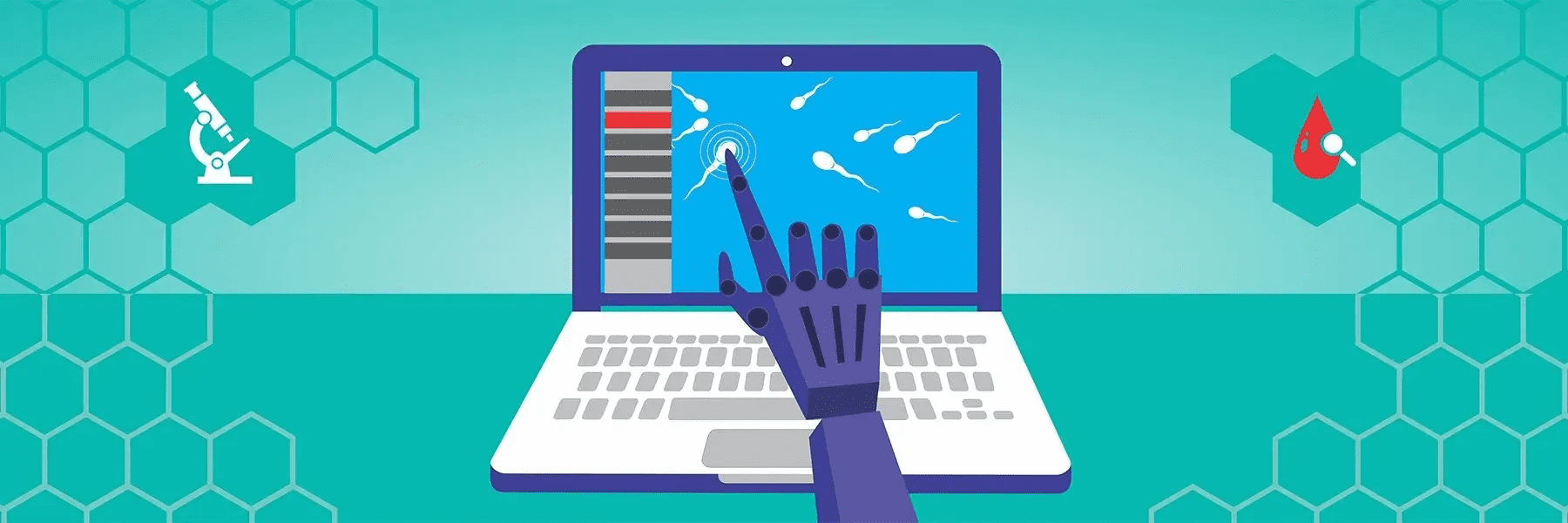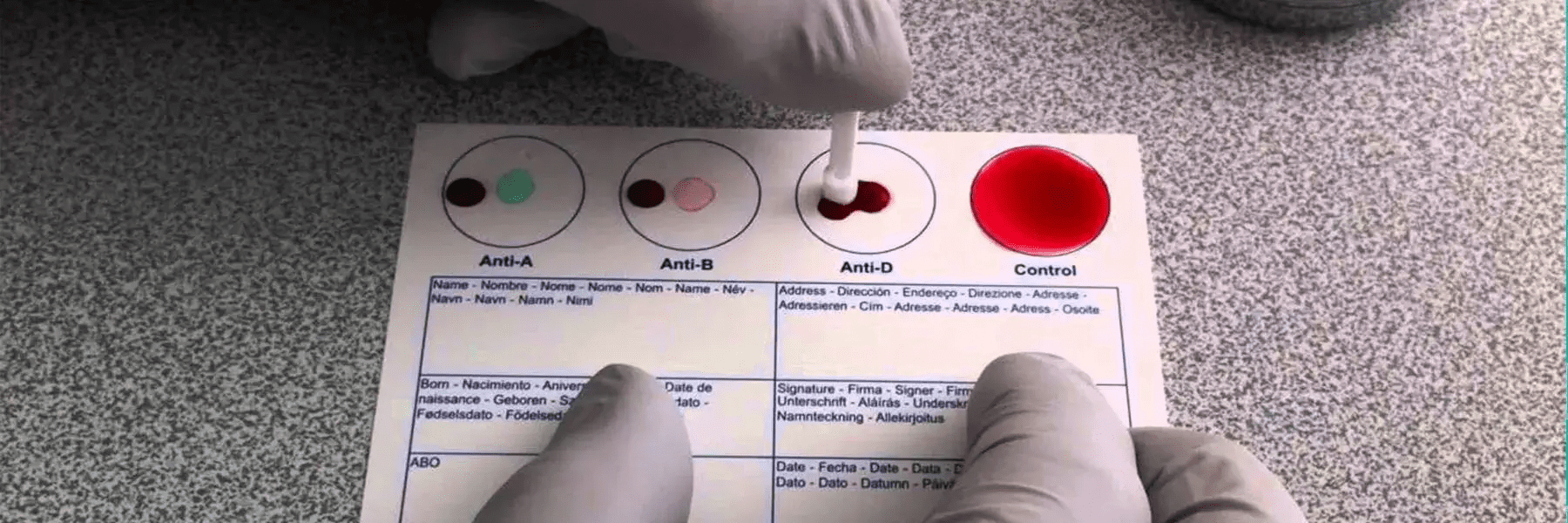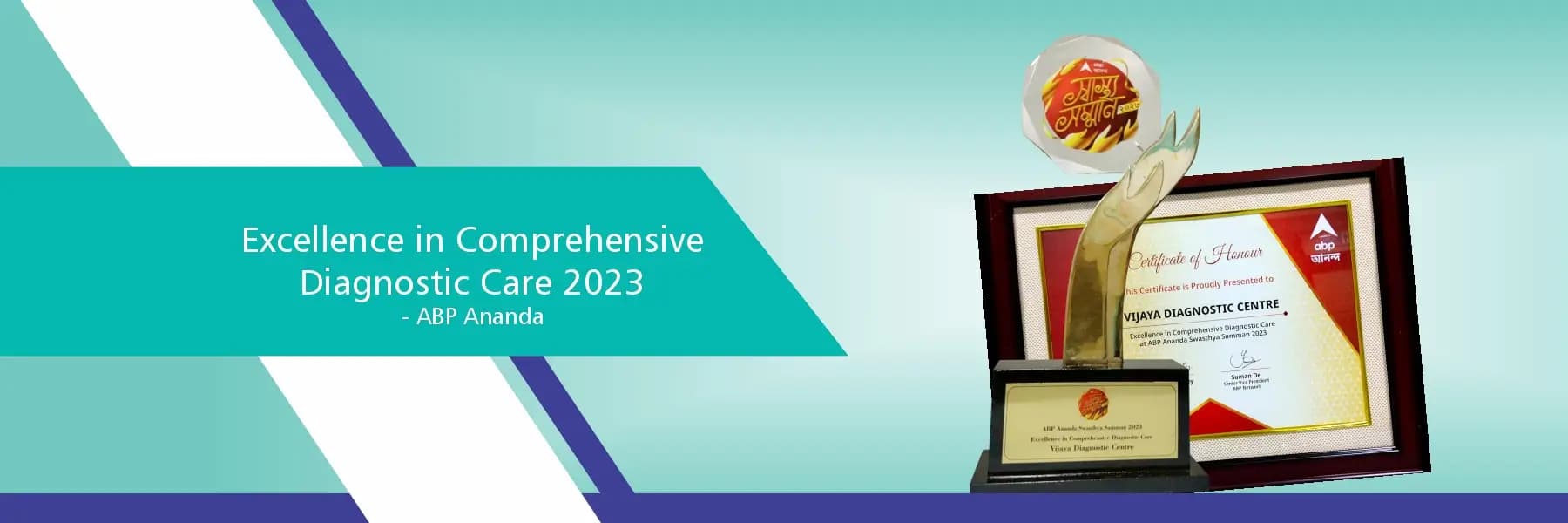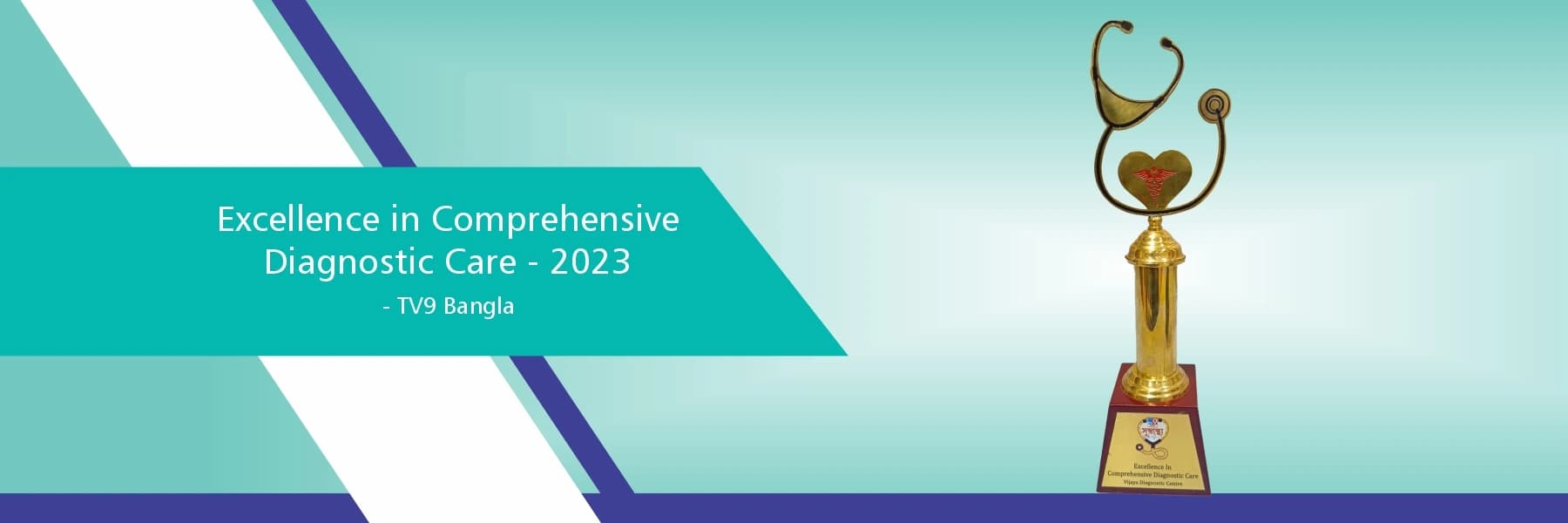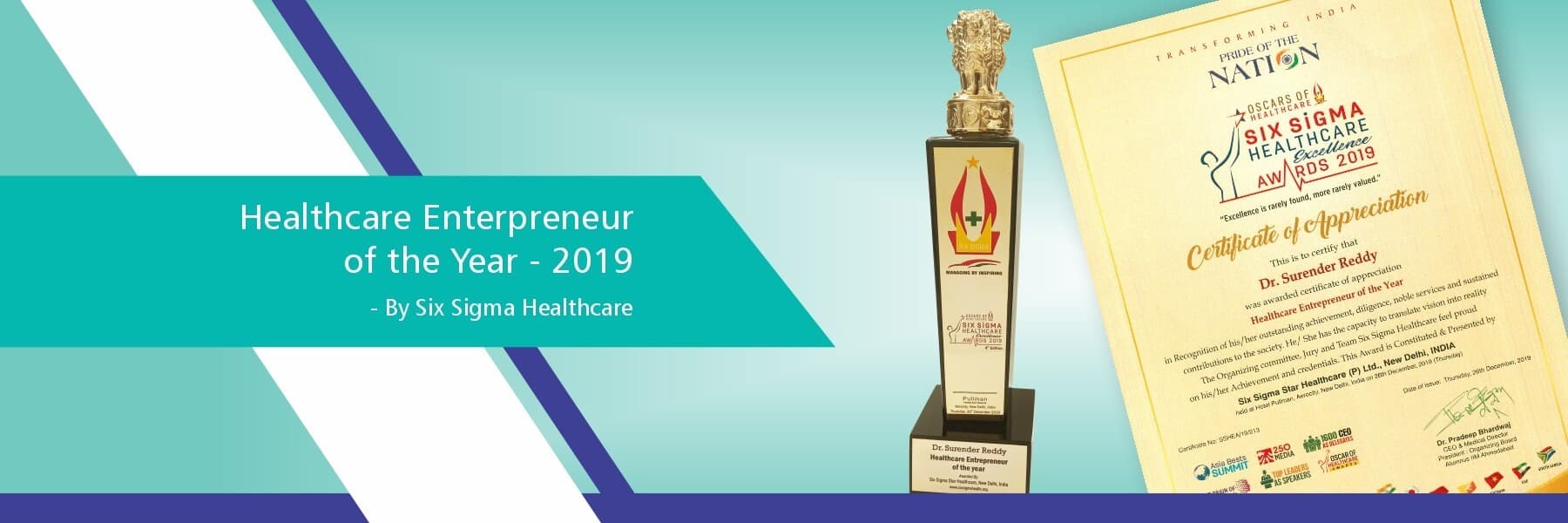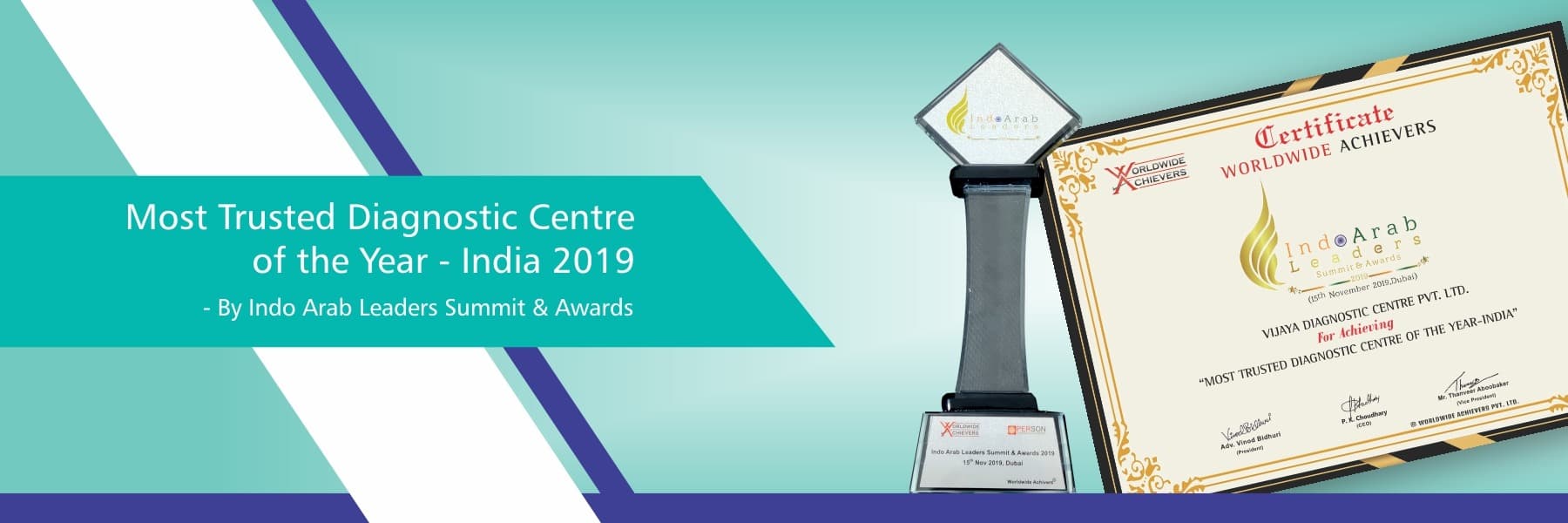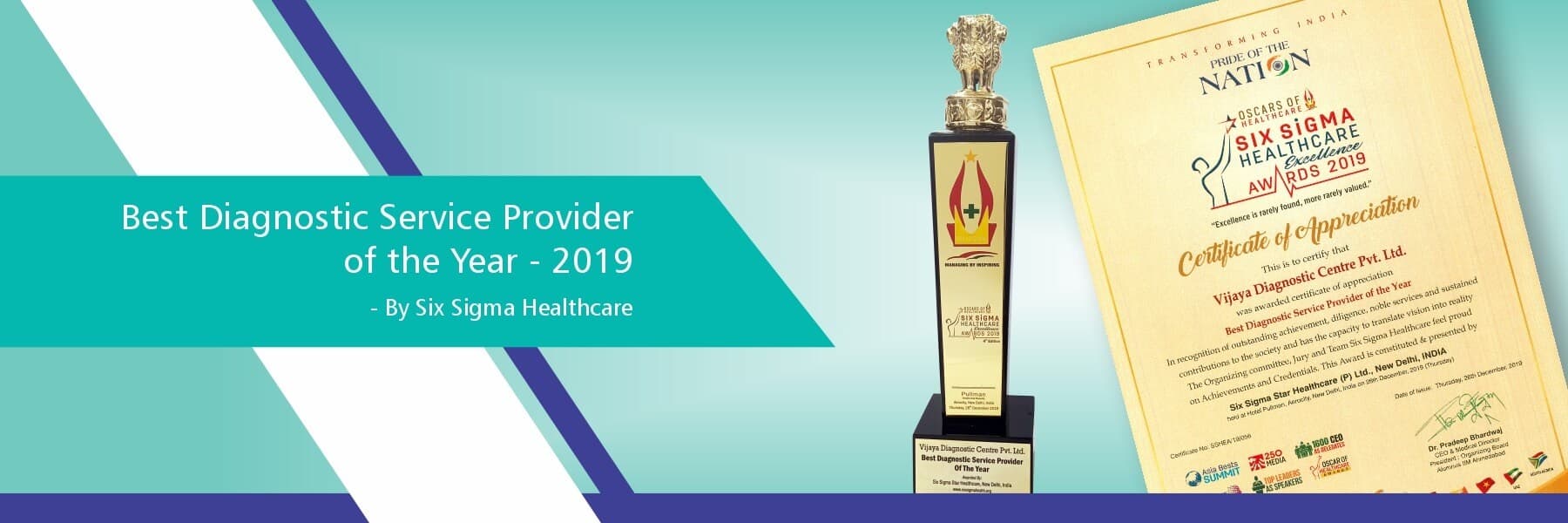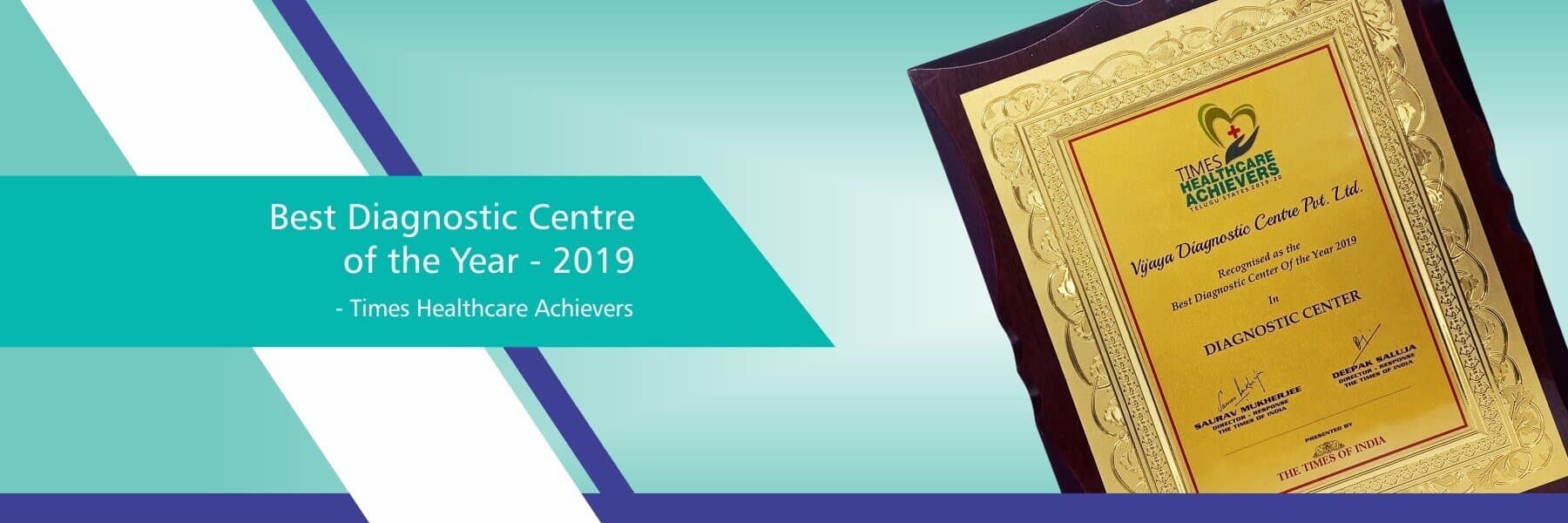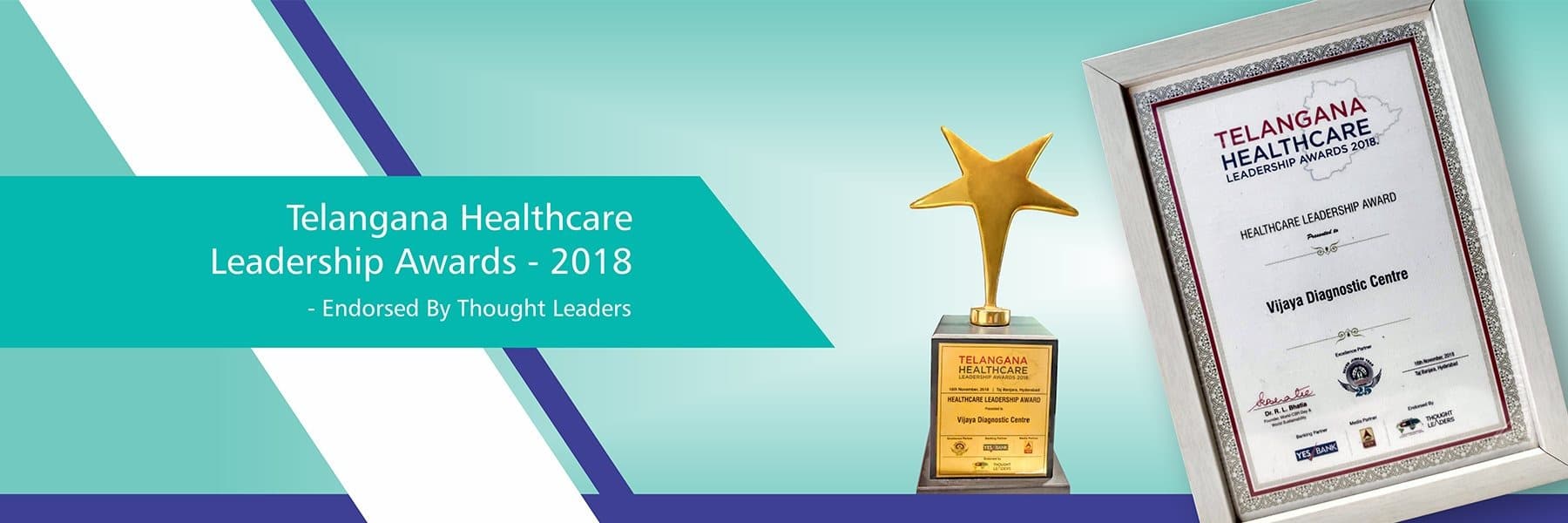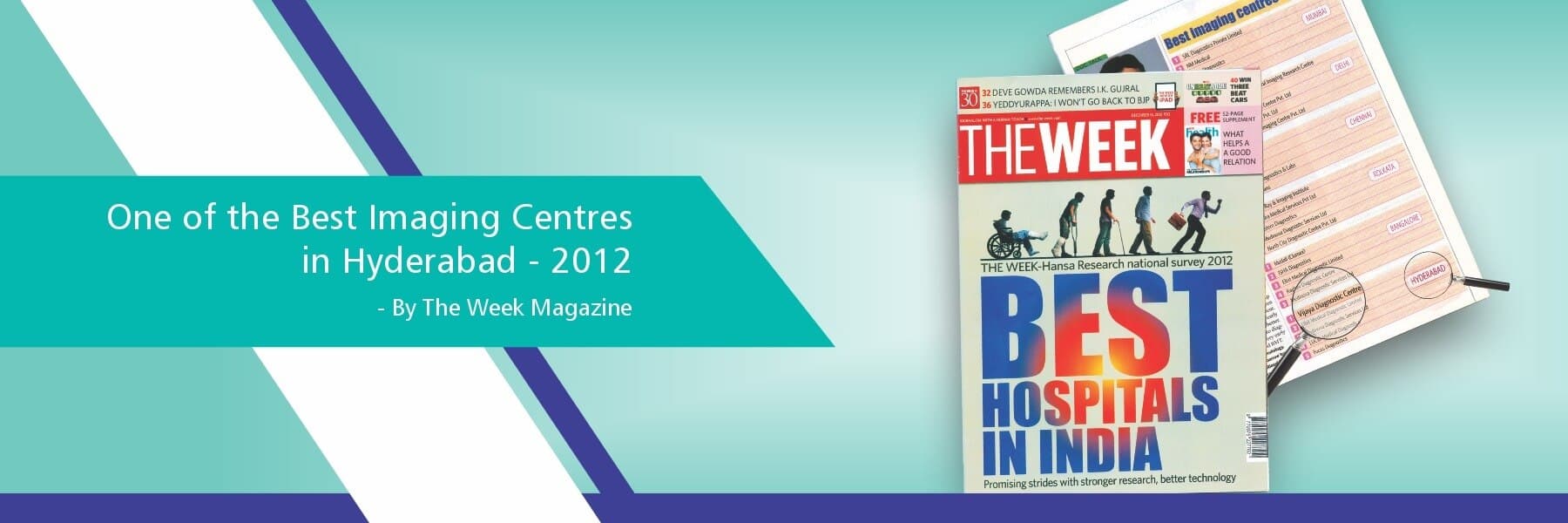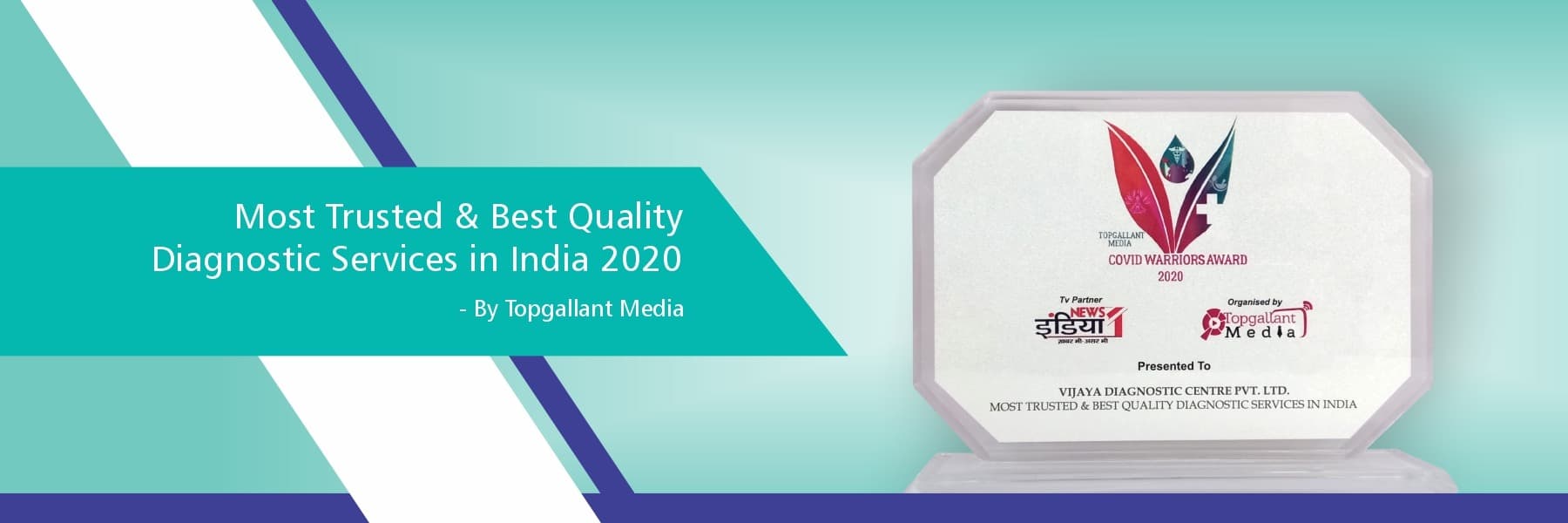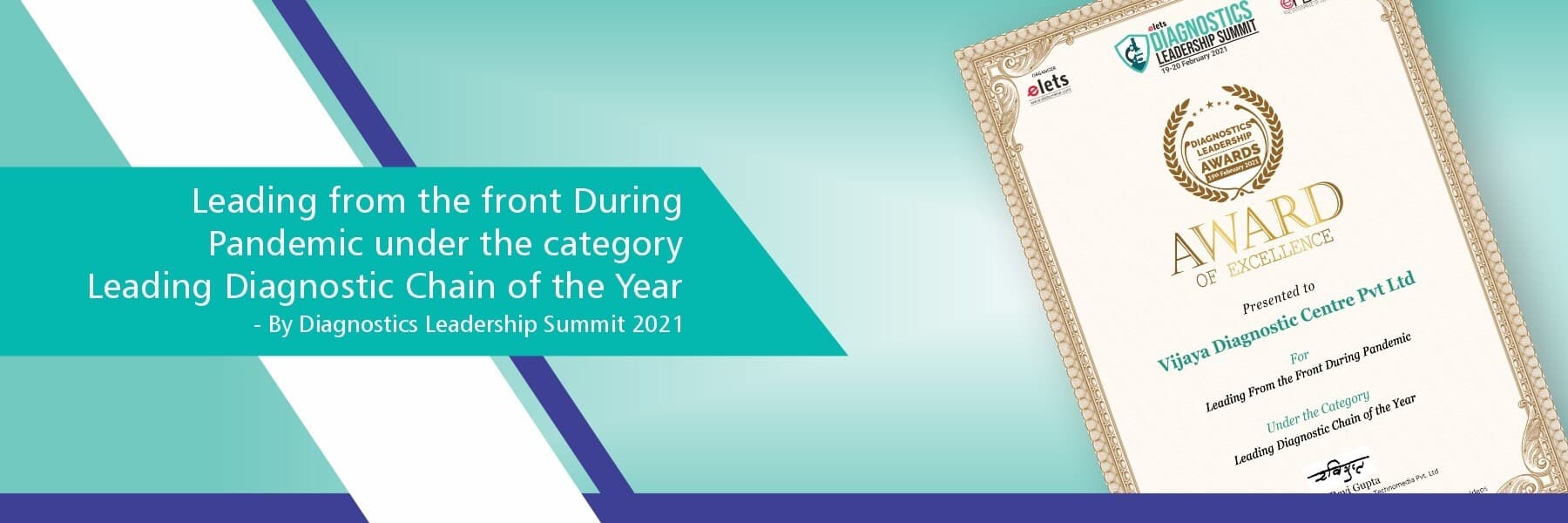What is Hematology?
The domain of Hematology is a pivotal field in medical science dedicated to the comprehensive study of blood & its diverse spectrum of disorders.
Hematology delves into the very essence of our well-being by meticulously examining the indispensable role played by blood in transporting life-sustaining elements, maintaining fluid balance, and fortifying our defenses against disease.
Disturbances in blood can reverberate across vital systems, notably impacting the lymphatic system—a sophisticated network responsible for waste clearance and disorders emerging from the bone marrow, the primary site for blood cell production can disrupt the delicate balance of physiological processes.
Hematology, as a specialized discipline, is dedicated to uncovering the origins of such issues, understanding their implications on our health, and formulating effective treatment strategies.
Seasoned hematologists meticulously navigate the complexities of blood cells, bone marrow, and associated diseases/disorders such as blood-clotting disorders, anemia, hemophilia & leukemia.
What is the Role of Hematologists?
Specialized physicians, known as hematologists & hematopathologists, play a pivotal role in understanding the complexities of blood and its associated structures.
Hematologists provide direct patient care, diagnosing and managing a range of hematological diseases, including blood & bone marrow cancers. In contrast, hematopathologists typically hold board certifications in clinical & anatomical pathology. They delve into a broader landscape, examining tissues & organs such as the spleen, lymph nodes & thymus.
The responsibilities of a Hematologist often include (but aren’t limited to):
- Diagnosing Blood Disorders:
Like taking a city census, hematologists analyze red, white & platelet levels, revealing clues about potential imbalances. Low red blood cells might point to anemia, while elevated white blood cells could signal infection.
Sometimes, deeper investigation such as bone marrow biopsies or specialized assays are needed to identify hidden pathogens or unlock issues lurking inside cells.
Hematologists also lookout for early signs of blood cancers, allowing for prompt intervention & improved outcomes.
- Treating a Spectrum of Blood Conditions:
Whether you're prone to excessive bleeding or dangerous clots, hematologists understand the delicate dance of coagulation, tailoring treatments to ensure optimal blood flow and prevent complications. Hematologists can help us identify iron deficiencies or the underlying conditions causing anemia.
From leukemias to lymphomas, hematologists have a vast arsenal of weapons against blood cancers. They design personalized treatment plans, including chemotherapy and targeted therapies, to combat these complex diseases.
- Beyond Blood Counting: In-Depth Diagnostics & Specialized Procedures:
Bone Marrow Biopsy analyzes cell production at the blood factory, like inspecting a part of the building's foundation to diagnose hidden issues.
Molecular Diagnostic tests can help unlock personalized therapies while Flow Cytometry is like sorting blood cells by their uniforms and helps us identify abnormal cells pinpointing immune system glitches.
- Transfusion Medicine - The Lifeblood of Critical Care:
Like finding compatible life partners, hematologists meticulously match blood components for safe & effective transfusions, preventing adverse reactions. From selecting blood products to monitoring post-transfusion care, they expertly manage every step of this vital process. Through apheresis, hematologists extract specific components like platelets from healthy donors to treat patients.
- Specialized Hematological Areas:
Hematologists specialize in distinct areas within their field such as:
- Hemoglobinopathy, where abnormal hemoglobin is studied
- Hematological Malignancy, focusing on blood cancers
- Anemias, addressing conditions with low hemoglobin levels
- Coagulopathy, dealing with disordered bleeding and clot formation.
- Collaborative Care:
Hematologists don't work in isolation. They collaborate with oncologists, surgeons, transplant teams & other specialists, forming a united front against complex blood disorders & cancers. Hematologists offer long-term monitoring & support, safeguarding your blood's health even after the initial fight against cancer.
Commonly Prescribed Hematology Tests & Procedures:
Hematologists perform a range of tests and procedures, including complete blood cell count (CBC), platelet counts, blood enzyme tests, bone marrow biopsies, and blood transfusions. We have compiled a Common Hematology tests list below:
- CBC: stands out as the routine examination. The CBC includes essential parameters such as White Blood Cell count (WBC), Red Blood Cell count (RBC), Platelet count, Hematocrit (HCT), and Hemoglobin concentration (HB), crucial for assessing oxygen-carrying capacity. Differential white blood cell count and Red Blood Cell indices further provide detailed insights.
- Platelet Count: This is usually part of the CBC test. For specific concerns related to bleeding disorders, Platelet count becomes instrumental.
- Reticulocyte Count: Measures the number of young red blood cells (reticulocytes) in the blood. High levels suggest active red blood cell production, often seen in response to anemia. Low levels may indicate bone marrow failure.
- Blood Grouping: Blood grouping is the process of determining a person's blood type based on the presence or absence of antigens on the surface of red blood cells. A person's blood type is determined by a pair of genes, one inherited from each parent
- Coombs test: The Coombs test is part of the compatibility tests that patients who will receive a red blood cell transfusion must undergo. It's also essential in diagnosing anemia when the origin is not easily determined.
- Coagulation Tests (e.g., PT, aPTT): Assess the blood’s ability to clot. Prolonged PT or aPTT can indicate clotting disorders, liver disease, or the effects of anticoagulant therapy.
- Erythrocyte Sedimentation Rate (ESR): Measures the rate at which red blood cells settle at the bottom of a test tube. High ESR can indicate inflammation, infection, or cancer.
Additionally, tests like Prothrombin Time (PT), Partial Thromboplastin Time (PTT) & International Normalized Ratio (INR) evaluate clotting functions & guide anticoagulation therapies.
- Food Intolerance Test: Food intolerance tests are used to identify foods that may cause adverse reactions in the body, not related to the immune system. Unlike food allergies, which involve an immune response, food intolerances are often related to digestive system issues.
Hematological Diseases and Disorders:
You’ll most likely be referred to a hematologist near you if you are diagnosed with any of the following hematological diseases or hematological disorders:
Hematological disorders can be broadly classified as malignant & non-malignant blood disorders.
Non Malignant Blood Disorders:
Hemoglobinopathies (Thalassemia & Sickle-Cell Anemia):
Genetic disorders, such as thalassemia and sickle-cell anemia, fall under hemoglobinopathies and are caused by abnormal hemoglobin structure, leading to varying degrees of anemia (low healthy RBC count) & multi-organ complications.
Coagulopathies (Hemophilia & Von Willebrand Disease):
Genetic clotting disorders & Bleeding Disorders like hemophilia and Von Willebrand disease result from low levels of clotting factors in the blood. Hemophilia specifically affects clotting factor levels, increasing the risk of excessive bleeding.
Other Nonmalignant Disorders (Anemia, Pulmonary Embolism & Idiopathic Thrombocytopenic Purpura):
Factors such as diet & lifestyle contribute to disorders like anemia & pulmonary embolism (blood clot that blocks blood flow to an artery in the lung).
Idiopathic thrombocytopenic purpura, characterized by a drop in platelet concentration, can lead to bruising, bleeding gums & internal bleeding, often occurring in children post-viral infections.
Other non malignant hematological diseases & disorders include:
Deep Vein Thrombosis (DVT): Thrombosis is the formation of blood clots within blood vessels, posing risks like stroke or heart attack. DVT is the Formation of blood clots in deep veins, often in the legs, posing a risk of pulmonary embolism.
Hypercoagulability: Increased blood clotting tendency, associated with complications such as DVT
Thrombocytopenia: Low platelet count, leading to difficulties in blood clot formation, increasing bleeding risk.
Sepsis: Severe, life-threatening response to infection, causing widespread inflammation and organ dysfunction.
Malaria: Mosquito-borne parasitic infection causing fever, chills & potential destruction of red blood cells.
Even in dengue virus infections, hematological manifestations include leukopenia, thrombocytopenia, and hemorrhagic diathesis, presenting additional risks akin to conditions like Deep Vein Thrombosis and Sepsis.
Malignant Blood Disorders:
Leukemia, Lymphomas & Myelomas:
Malignant hematological disorders, affecting all age groups, include leukemia (bone marrow), lymphomas (lymph nodes), and myelomas (white blood cells). Factors like genetics, lifestyle & environment contribute to their development.
Polycythemia Vera & Myelofibrosis:
Polycythemia vera, a myeloproliferative neoplasm, involves excessive red blood cell production, increasing clotting risks. Myelofibrosis, another myeloproliferative form, results in inflammation & scar tissue formation in the bone marrow.
Malignant Lymphomas (Hodgkin's Lymphoma):
Malignant lymphomas, like Hodgkin's lymphoma, impact the lymphatic system, causing abnormalities in lymphocytes.
Myelodysplastic Syndromes & Multiple Myeloma:
Myelodysplastic syndromes encompass cancers where blood stem cells fail to mature, leading to various blood cell deficiencies. Multiple myeloma results in excess plasma cells, causing shortages in red blood cells, platelets, and white blood cells, impacting bone health and potentially causing fractures.
Vijaya Diagnostic - Healthcare Meets Innovation & Excellence!
As South India's largest integrated diagnostic chain, we have served 50+ million customers over the last 4 decades. With an extensive network of 140+ cutting-edge diagnostic centers across 20 cities, we ensure accessibility, bringing our expertise right to your doorstep – from Tirupati to Hyderabad & Gurgaon to Kolkata.
Vijaya Diagnostics stands as the premier choice for diagnostic care, boasting ISO compliance, NABL & NABH accreditation, and 24/7 services. Our hematology labs, conveniently located near you, leverage world-class technology for swift and precise diagnosis of infectious diseases. Automation streamlines sample handling, ensuring a low Turnaround Time (TAT).
Explore the convenience of our user-friendly app, where 5000+ comprehensive tests are just a tap away. Your health journey becomes effortless with instant appointment booking, rescheduling options, and hassle-free home sample collection—all designed to prioritize your well-being. The flexibility extends beyond home sample collection; enjoy cashbacks, reward points, and exclusive discounts tailored for your health conditions, age, and family, making your healthcare experience truly hassle-free.
Vijaya Diagnostics seamlessly integrates convenience, accessibility, and accuracy — all at affordable and transparent pricing.
Choose Vijaya Diagnostics - because your health deserves nothing less!
Frequently Asked Questions
1. When should someone consult a hematologist?
Ans - You should consider visiting a hematologist if your blood tests indicate abnormal coagulation levels or blood cell count. Consult a hematologist if you experience unexplained fatigue, persistent infections, or abnormal bleeding for an accurate diagnosis and treatment.
2. What are the main components of blood?
Ans - Blood comprises red blood cells, white blood cells, platelets, and plasma. Red cells transport oxygen, white cells fight infections, platelets aid clotting, and plasma carries nutrients and waste.
3. What is bone marrow, and why is it important in hematology?
Ans- Bone marrow is the spongy tissue within bones responsible for blood cell production. It is pivotal to Hematology as it produces red blood cells (RBC), white blood cells (WBC) and platelets crucial for bodily functions.
4. What is the significance of a complete blood count (CBC)?
Ans- The CBC, a standard blood test, encompasses vital elements including White Blood Cell count (WBC), Red Blood Cell count (RBC), Platelet count, Hematocrit (HCT), and Hemoglobin concentration (HB). These parameters are essential for evaluating the blood's oxygen-carrying capacity. It is used to diagnose anemia, inflammatory diseases & blood cancers and to monitor blood loss & infections
5. What is the difference between acute and chronic leukemia?
Ans- Acute leukemia results from an early halt in cell development, leading to fast growth, rapid progression of the disease and requiring immediate treatment. In contrast, chronic leukemia arises from a failure in the life cycle after cell maturation, progressing slowly over years, with partly matured cells showing diminished infection-fighting capabilities.
The four main types of Leukemia are:
- Acute Myeloid Leukemia (AML)
- Acute Lymphocytic Leukemia (ALL)
- Chronic Myeloid Leukemia (CML)
- Chronic Lymphocytic Leukemia (CLL)
6. How does hematology relate to oncology?
Ans - Hematology and oncology are interconnected disciplines; hematology deals with blood & blood disorders, while oncology focuses on cancer. Hematology/oncology, often referred to as heme/onc, is a specialized field addressing the diagnosis, treatment, and prevention of blood diseases & cancers, including conditions like anemia, hemophilia, and blood cancers such as leukemia & lymphoma.
Drag & drop your files here, Or
browse files to upload.
.pdf, .jpg & .png formats supported. Upto three files can be uploaded at a time
Blogs
Awards & Recognitions
Diagnostic Education
Frequently Asked Questions (FAQs)
Centre Details & Locations
You can click on the Centre Locator mentioned on the top right bar of our home page website to locate centres in your city. You can also search in Google “Vijaya Diagnostic Centre near to me” to find the nearest centre.
Yes, most of the centres have this facility.
Yes, you can check the operational timing of a branch by selecting the centre you want to visit on our website or Google map of respective centre
Health Checkup & Packages
The validity of a health check package is 30 days from the date of invoice, for more detail to Terms & Condition of use section on our website.
Watch This Video for Detailed Information
Once the validity period is over for your registered package, the package cannot be availed. The amount paid by you during the registration process is non-refundable, non-transferable and gets forfeited if you do not visit the branch within the validity period. The amount paid by you during the registration of the special package cannot be utilized for availing other packages.
No. These are special promotional packages which are available for registration only during the specific campaigns and thus it is important for you to register there during the event/campaign. These are specially designed and discounted packages which are only available during the campaign with specific validity period.
The package once registered, is non-transferable. One has to utilize the package for the registered customer only.
Home Sample Collection
Yes, you can book a Home Sample collection by filling form on our website or calling our customercare number at 9240 222 222.
Yes, you can prepone/postpone an appointment by calling our customercare number at 9240 222 222.
Reports
Visit Home page of our website and click on Download reports icon. You need to login with mobile number and OTP. You will see your latest report in PDF format.
No, your reports would not be shared with anybody else other than you.
Tests Information & Instructions
Yes, fasting is recommended before undergoing a blood test.
Watch This Video for Detailed Information
- Generally, fasting is required prior to administering IV contrast. Fasting for ~ 4 hours (solid foods) is recommended.
- Kidney function test (serum creatinine) in cases of positive clinical history.
- Review of your medical history to determine that no issues exist preventing you from having a CT scan, such as pregnancy / contrast allergy or reaction (i.e., hives, rash, itching, breathing difficulty).
- A person accompany for IV contrast procedure.
- Some CT scans require drinking oral contrast, for approximately 30–60 minutes prior to your scan.
- Some CT scans involve an injection of contrast, for which an IV cannula will be inserted.




